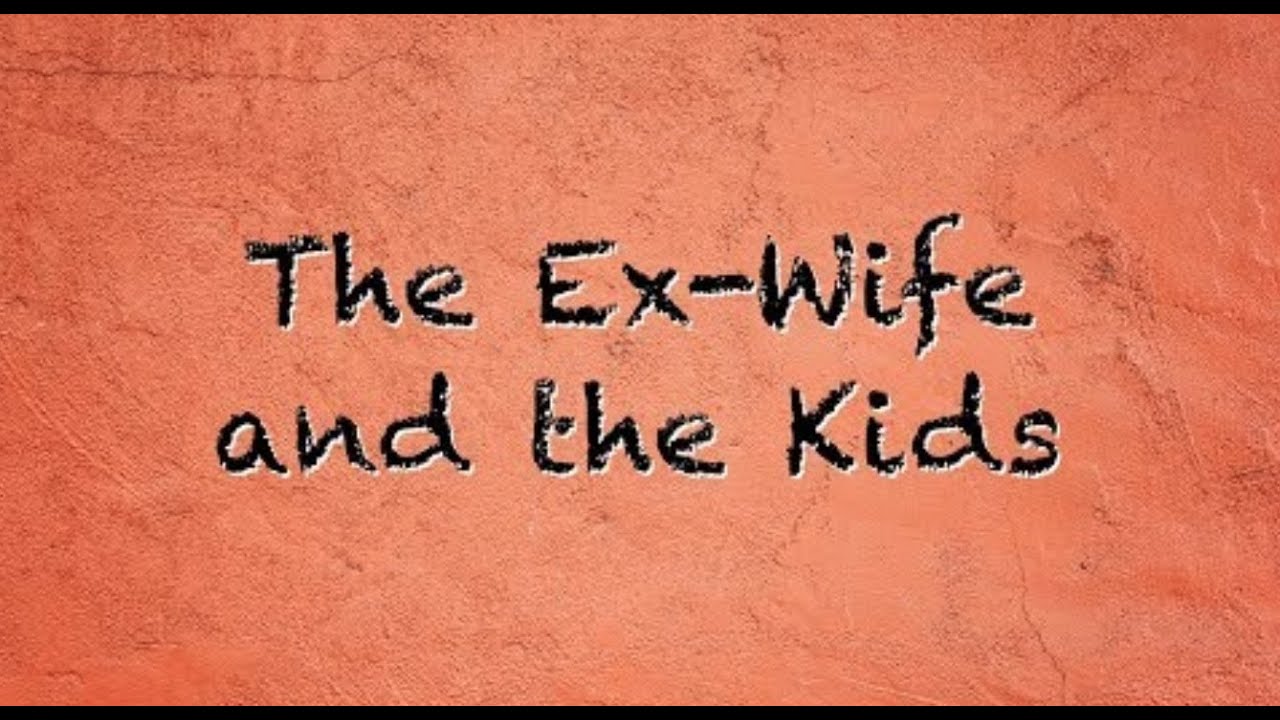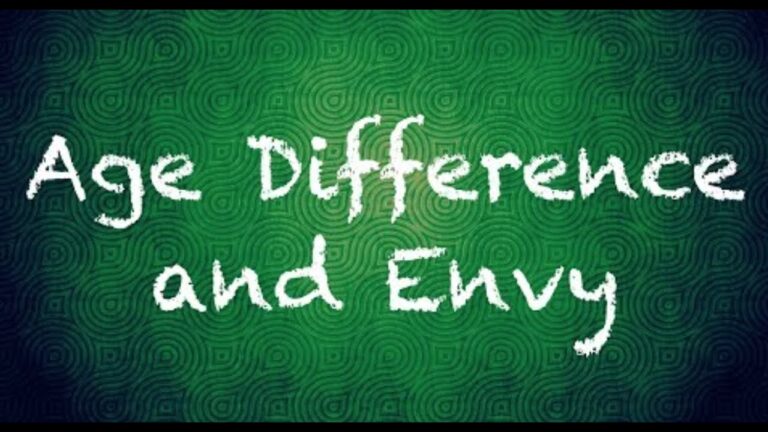The Ex Wife And The Kids

Key takeaways
- 💔 Divorce often entails mothers bad-mouthing fathers to their children, causing emotional turmoil for the kids.
- 🤔 Fathers should avoid bad-mouthing the ex-wife; instead, subtly prompt the child to question the mother’s behavior and perceptions.
- 😄 Approach the child’s exposure to negative comments about the father with humor, encouraging the child to confide and laugh about it, shifting resentment away from the father.
- 🔄 Redirecting the child’s resentment towards the mother by showcasing her negative behavior can mitigate the impact of the ex-wife’s influence.
- 💔 Divorce can be emotionally damaging, especially for children, who may struggle to understand the dissolution of their once-happy family.
- 🛡️ Despite unfair divorce laws, fathers must focus on maintaining a positive relationship with their children and avoid engaging in negative talk about the mother to secure a positive outcome.
Handling the Breakup of a Relationship with Children Involved
When a relationship ends, it can be a difficult time for everyone involved, especially when children are in the picture. In this blog, we will explore the challenges that fathers face when their ex-partners badmouth them to their children. We will discuss effective strategies to handle this situation and maintain a healthy relationship with your child, all while keeping their best interests at heart.
The Impact of Negative Influence
One of the common problems faced by fathers in this situation is the negative influence of the mother on the children. When a mother badmouths the father, it can create confusion and hurt feelings for the child. As a result, fathers often find themselves unsure of how to navigate this tricky situation.
A Personal Perspective
While I have never personally experienced divorce, I grew up in an environment where divorce was prevalent among my classmates’ parents. This gave me valuable insight into the impact it can have on children. Although each situation is unique, I can offer some thoughts on how fathers can handle this challenge based on my observations and experiences.
Empathy and Understanding
As a father, it is essential to approach the situation with empathy and understanding. Recognize that your child is dependent on their mother and may naturally defend her, regardless of her behavior. Avoid badmouthing your ex-partner in return, as it will only escalate the conflict and make the situation worse.
Instead, try putting yourself in your child’s shoes and ask them about their perspective on certain behaviors displayed by their mother. Encourage open and honest conversation without pushing your own agenda. By doing so, you can help your child see the reality from your point of view without the need for arguments or negativity.
Humor as a Coping Mechanism
When your ex-partner says hurtful things about you to your child, take a lighthearted approach. Make a joke out of it and ask your child what their mother has said about you lately. By doing this, you allow your child to release their emotions in a safe space while showing them that you are not affected by the negativity. Laughter can help alleviate tension and bring you closer to your child.
Building Empathy and Resilience
By creating an environment where your child feels comfortable discussing their feelings, you can build empathy and resilience together. Encourage them to express their thoughts about the situation without imposing your own beliefs. Over time, your child may start to see through their mother’s negative talk and form their own opinions.
Protecting Your Child’s Emotional Well-being
It is crucial to prioritize your child’s emotional well-being throughout this process. Shield them from unnecessary conflict and negative influences as much as possible. While it may be tempting to engage in arguments or defend yourself against your ex-partner’s accusations, doing so will only harm your child in the long run.
Instead, focus on creating a positive and stable environment for your child. Show them unconditional love and support, and be a refuge for them when they need it. By maintaining a healthy relationship with your child, you provide them with the security and stability they need during this challenging time.
The Challenge of Blame
Children often seek someone to blame when their once-happy family falls apart. Initially, your child may blame you due to the negative influence of their mother. However, by employing the strategies discussed earlier, you can shift the blame back to where it belongs. Help your child see the reality of the situation and encourage them to think critically about the information they receive.
The Importance of Unity
While it may be difficult to achieve, unity between parents is crucial for the well-being of the child. Unfortunately, many divorces result in animosity and resentment between the parents, making it challenging to maintain a united front. However, it is important to strive for respectful communication and cooperation, especially when the child is involved.
By setting aside personal differences and focusing on the best interests of your child, you can create a more stable and nurturing environment. This requires maturity, foresight, and a willingness to put aside your own grievances for the sake of your child’s emotional well-being.
The Impact of Divorce on Children
Divorce is a difficult and often traumatic experience for children. It can lead to long-lasting psychological and emotional damage. While it may seem tempting to pursue divorce as a solution to an unhappy marriage, it is essential to consider the potential damage it can cause to your child’s well-being.
Studies have shown that children from intact, albeit unhappy families, have more positive memories and a greater sense of stability compared to children of divorced parents. Divorce should be approached as a last resort, with careful consideration of the long-term effects on all parties involved.
Conclusion
Handling the breakup of a relationship with children involved is undoubtedly challenging. As a father, it is vital to approach the situation with empathy, understanding, and a focus on your child’s well-being. By maintaining a positive and supportive relationship with your child, you can help them navigate the difficulties caused by the negative influence of the other parent.
Remember, laughter and open communication can go a long way in building trust and resilience. By fostering empathy and allowing your child to form their own opinions, you can help them see beyond the negative talk and create a healthier, more positive environment.
Divorce may be a reality for many families, but it is essential to approach it with caution and prioritize the emotional well-being of your child. By doing so, you can mitigate the potential damage and guide your child through this challenging chapter in their lives.






